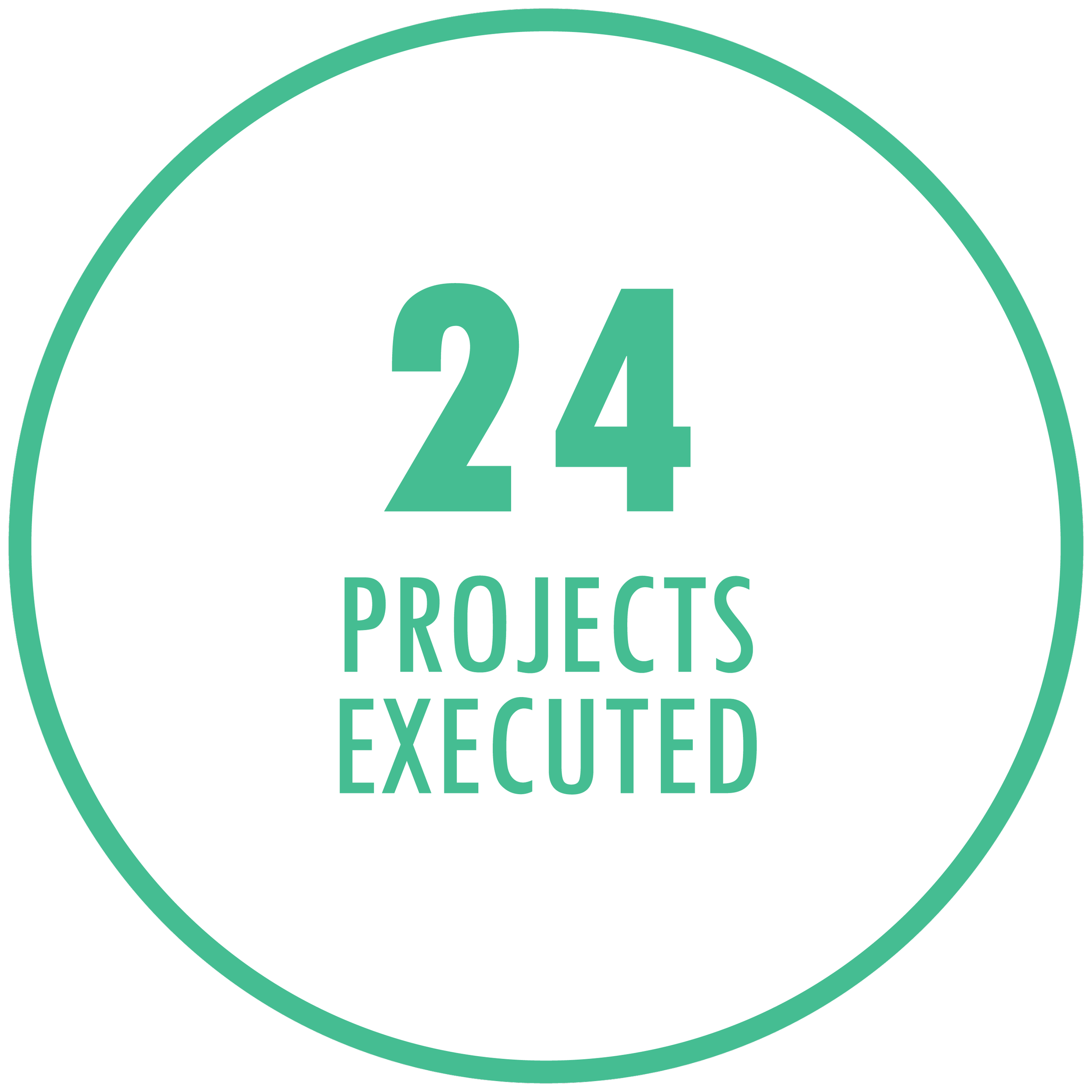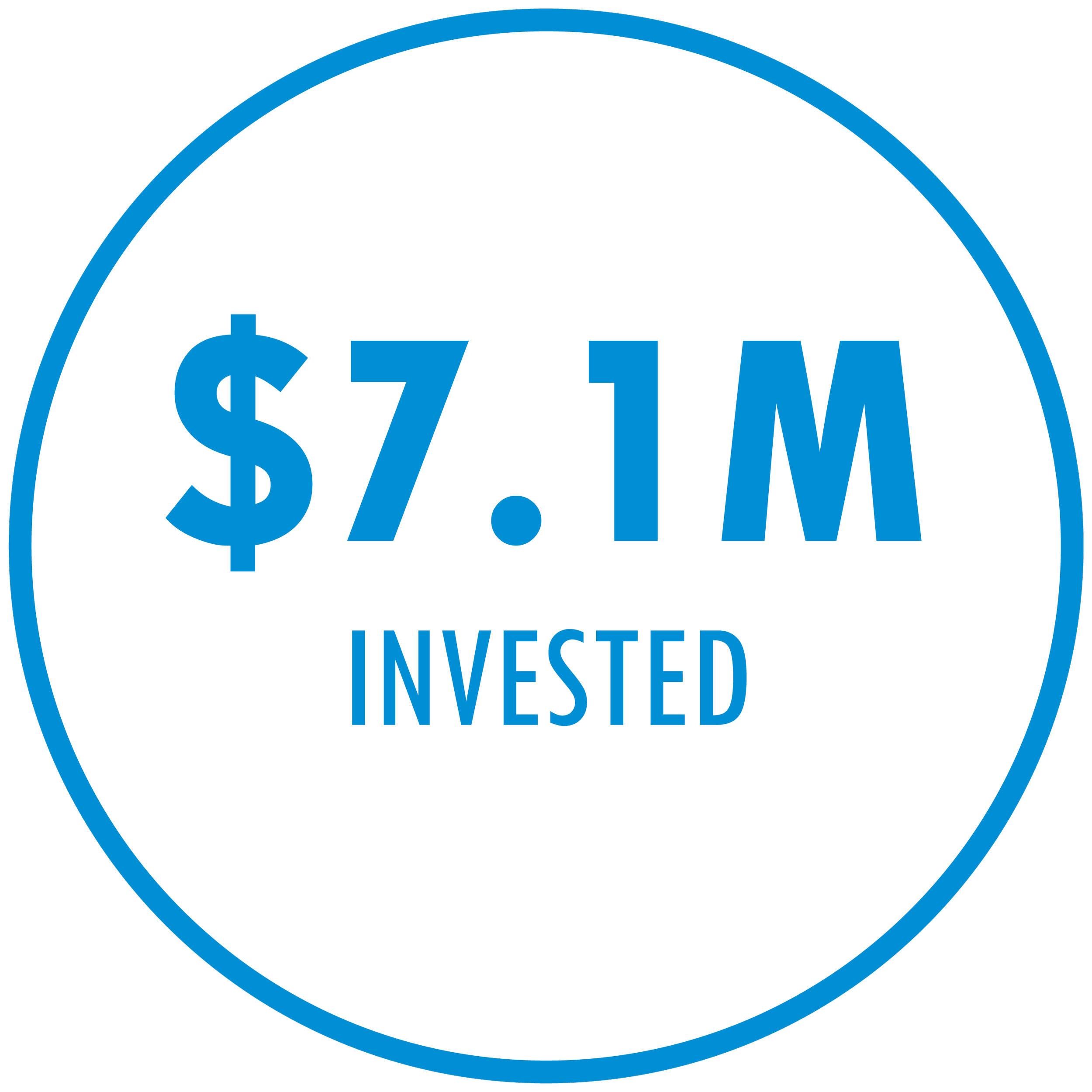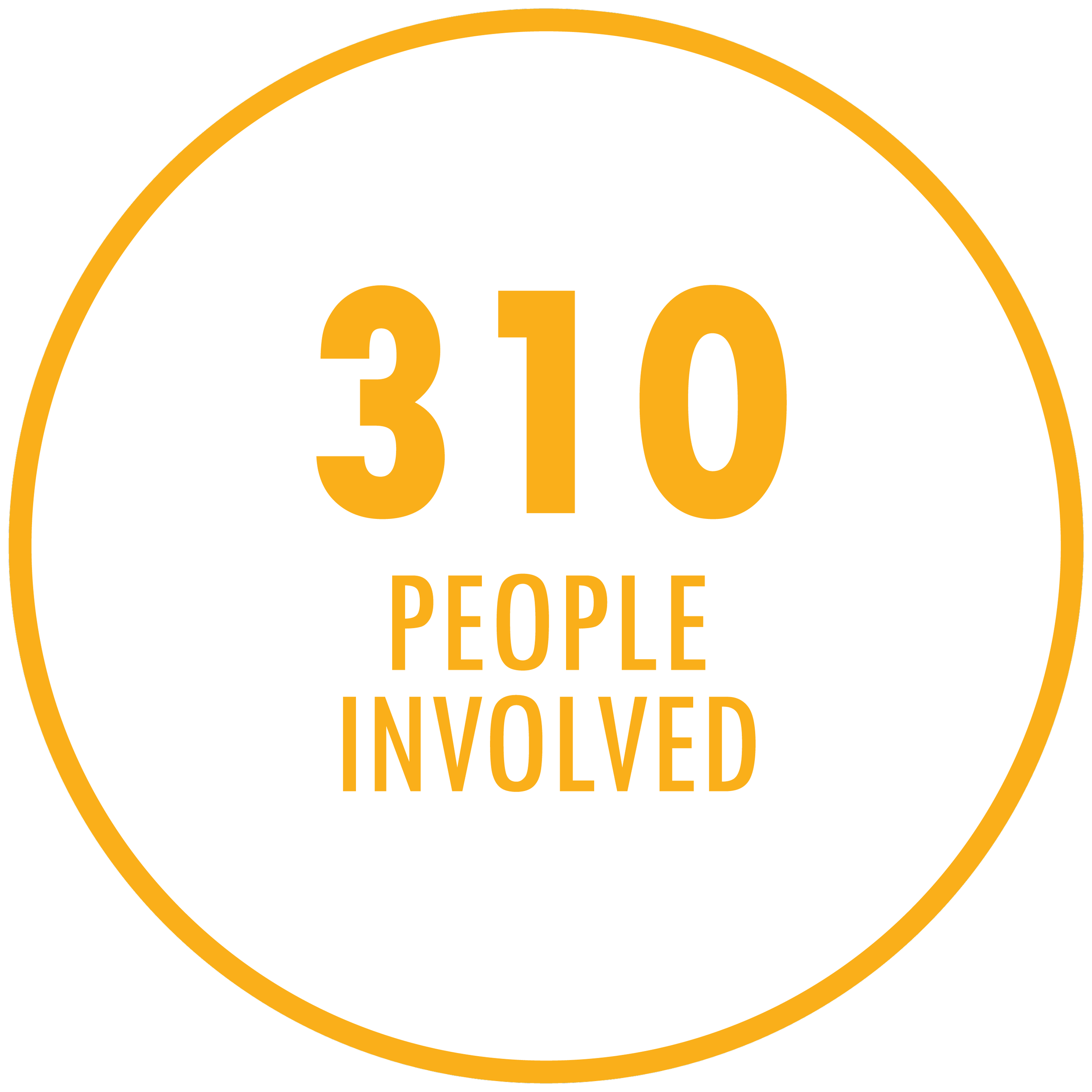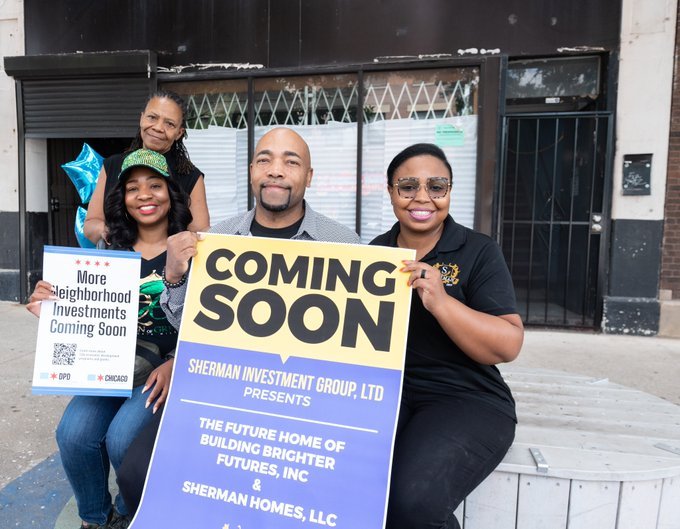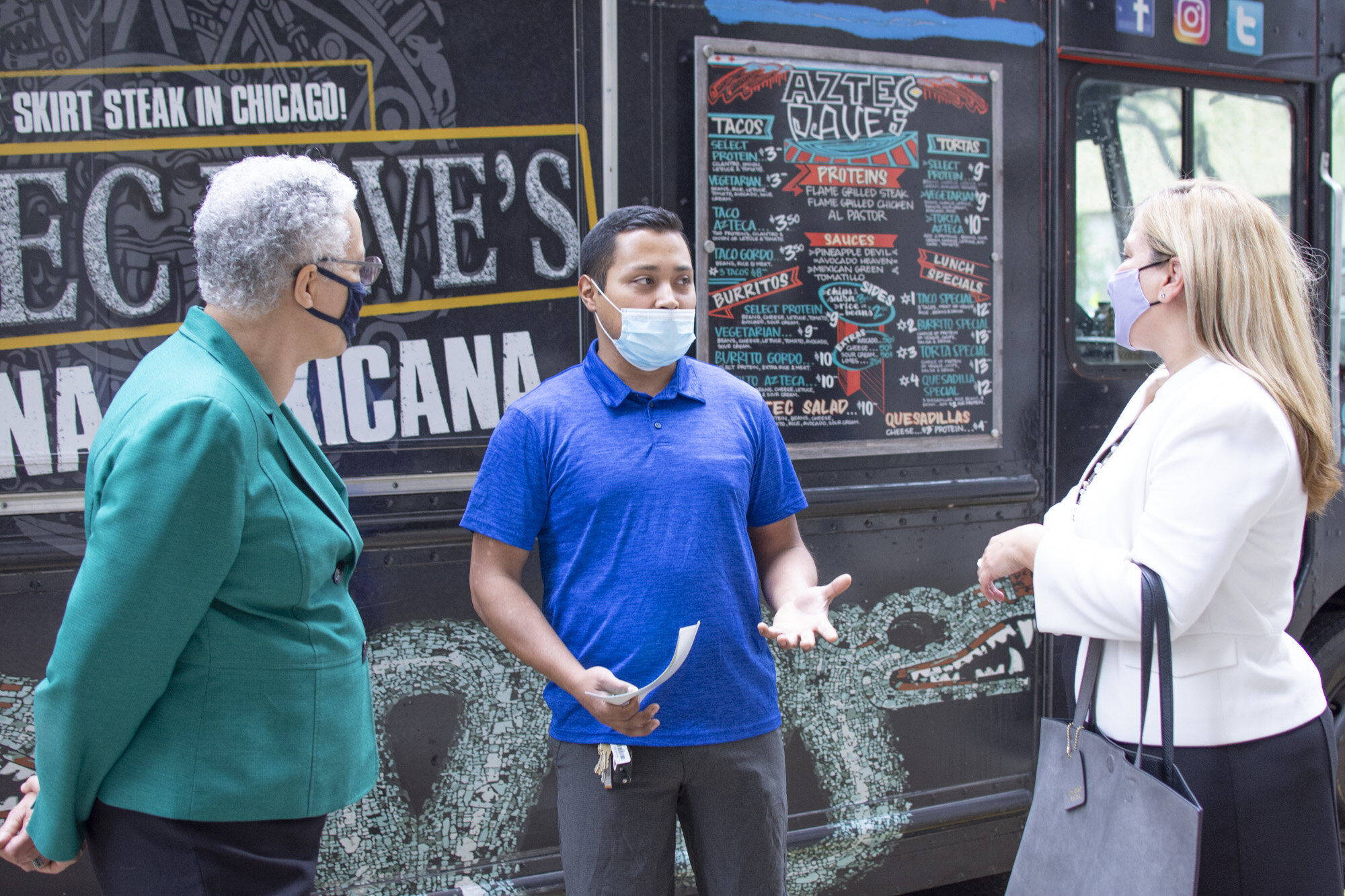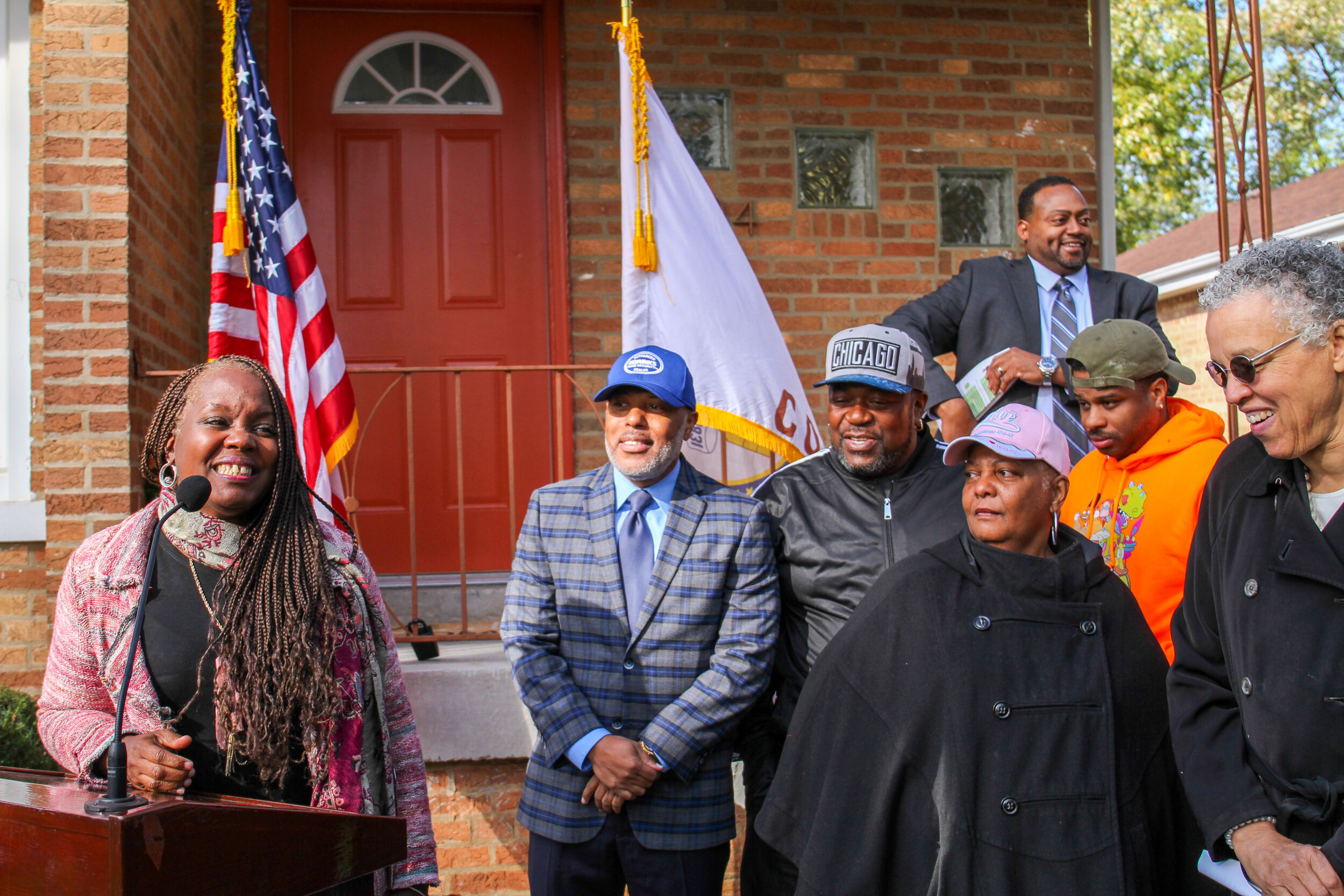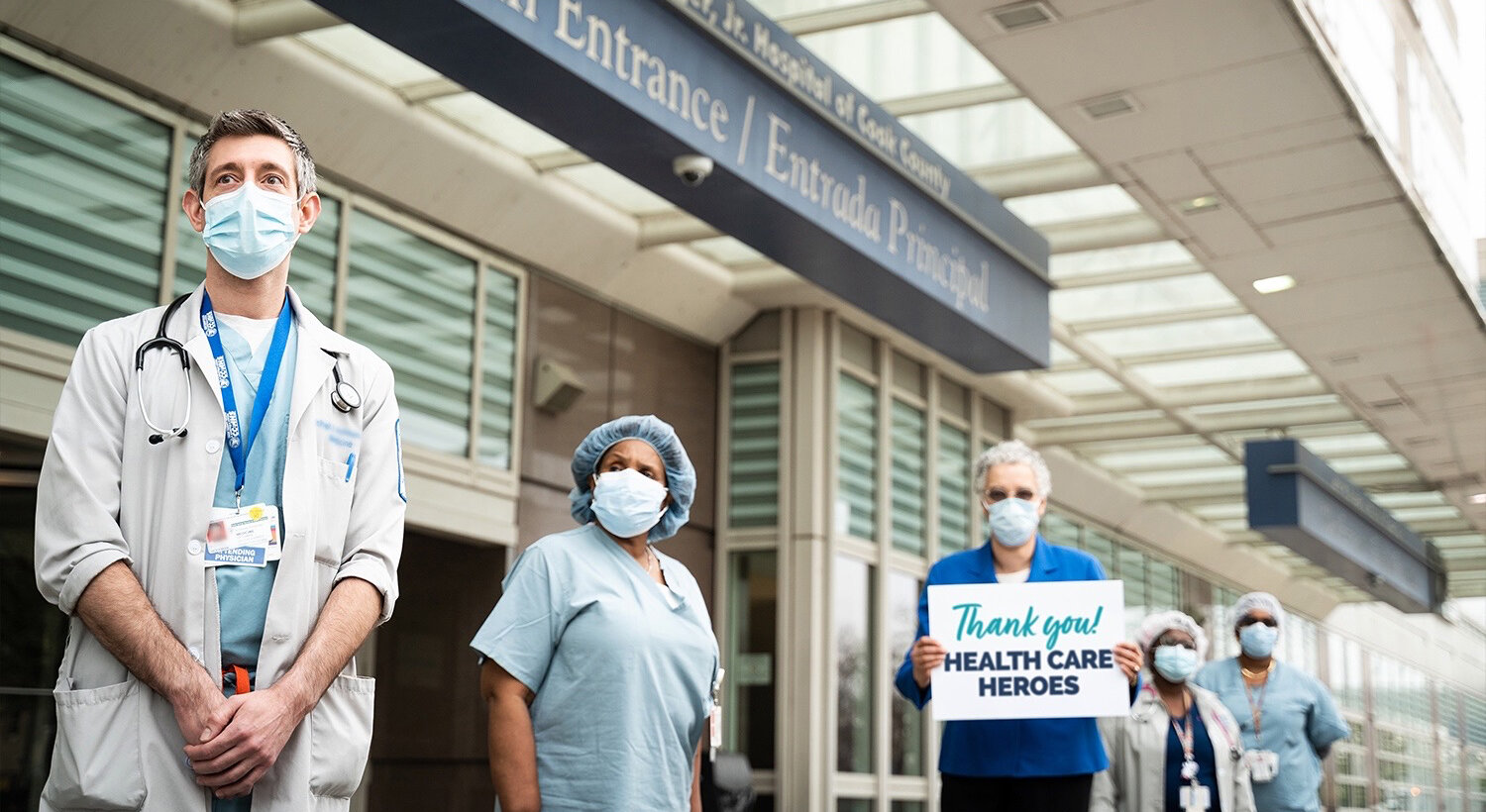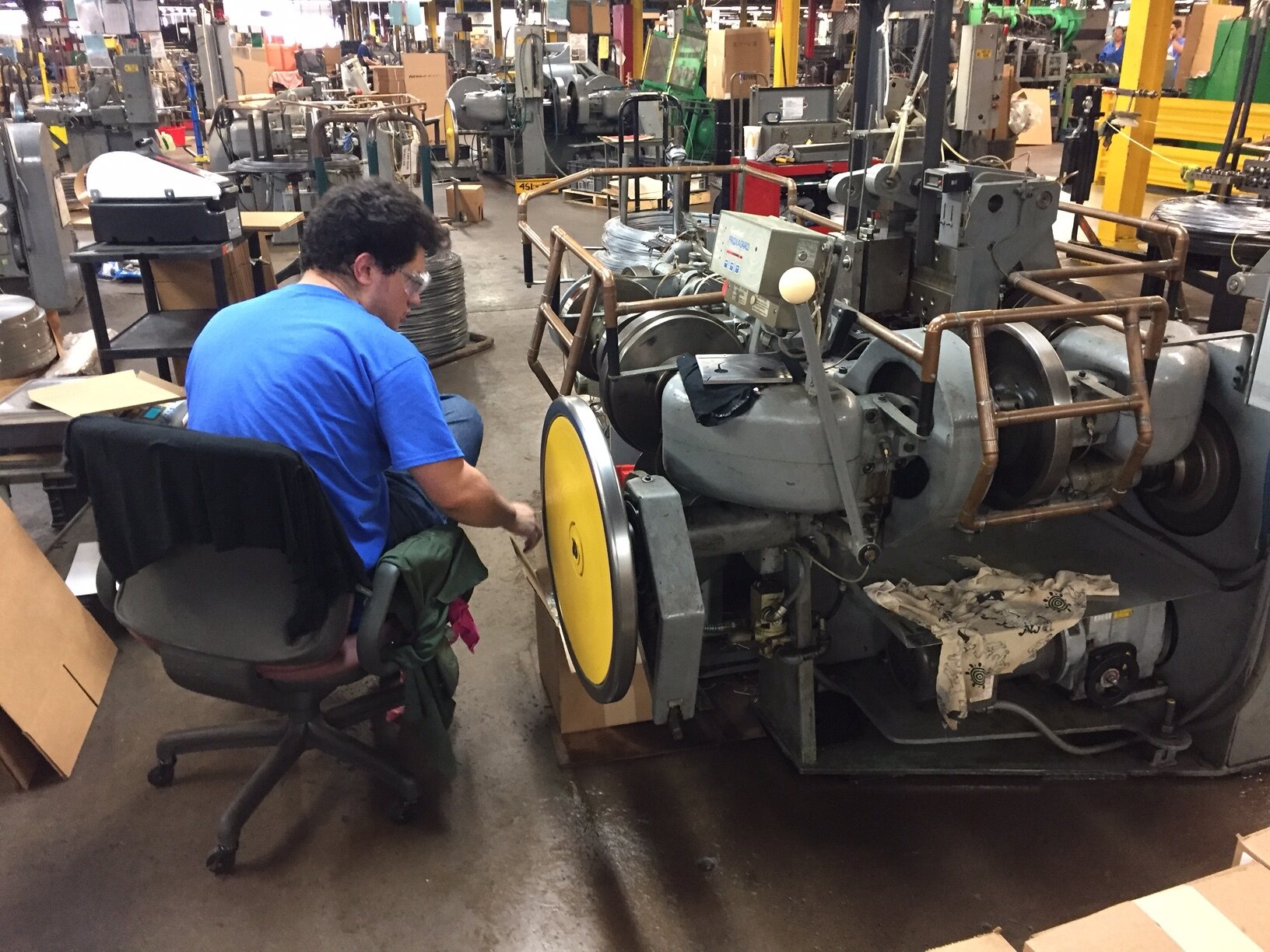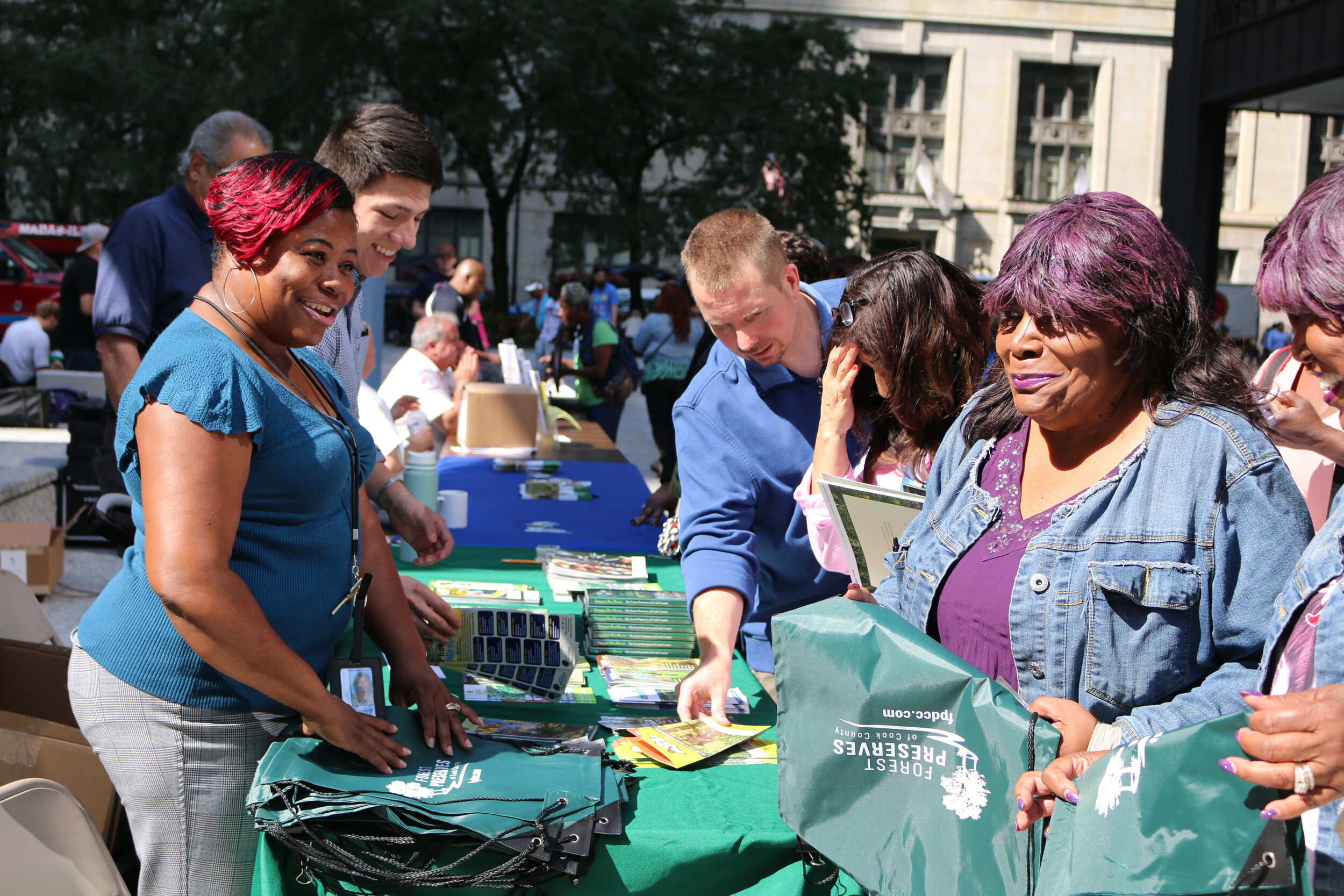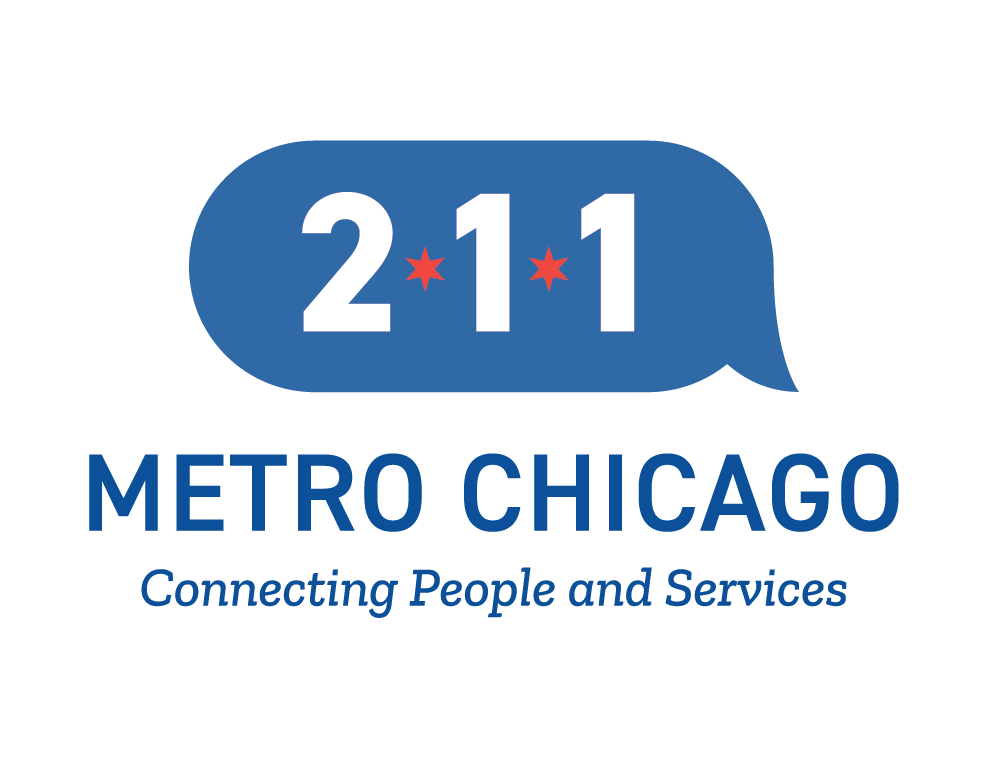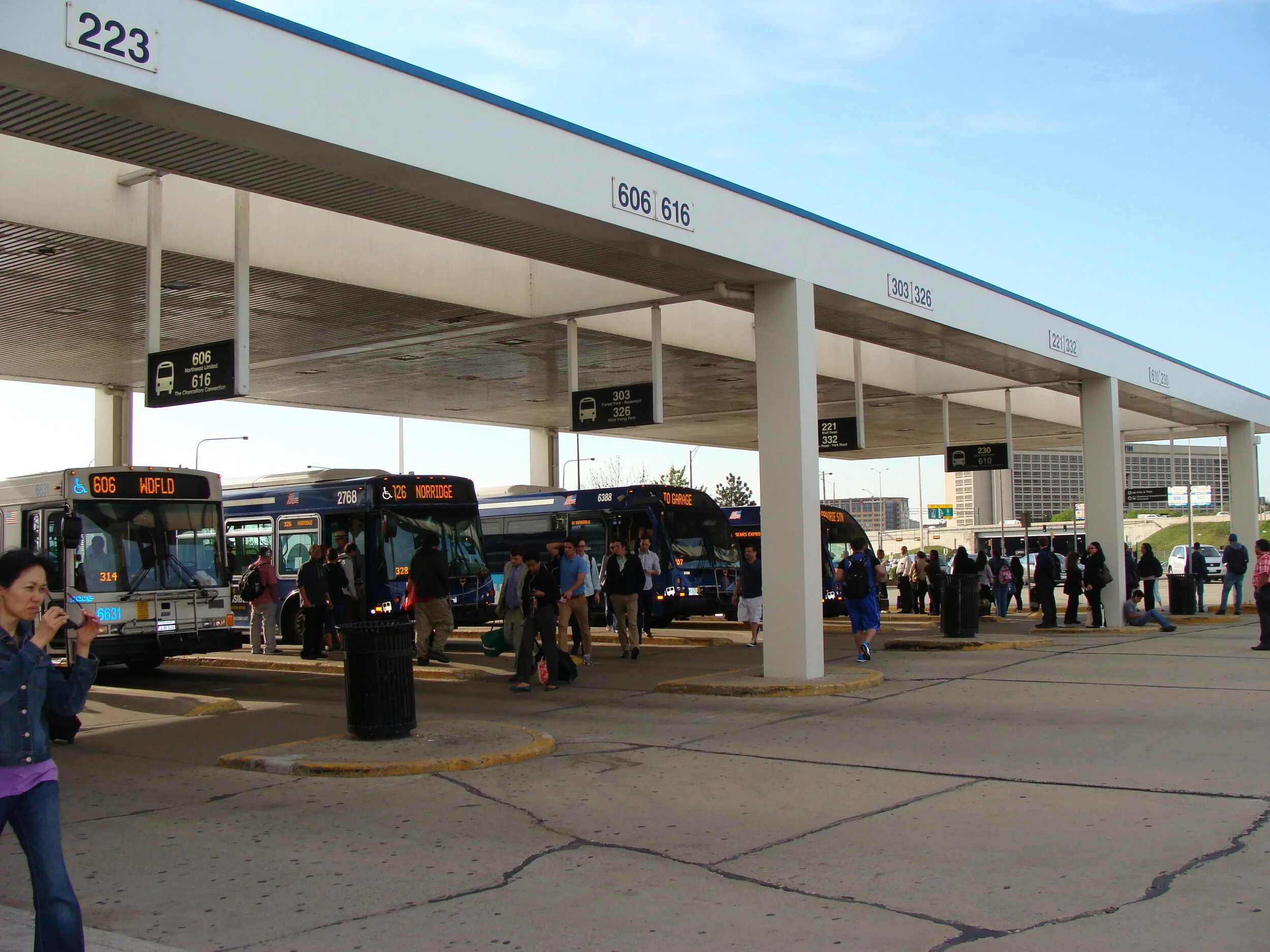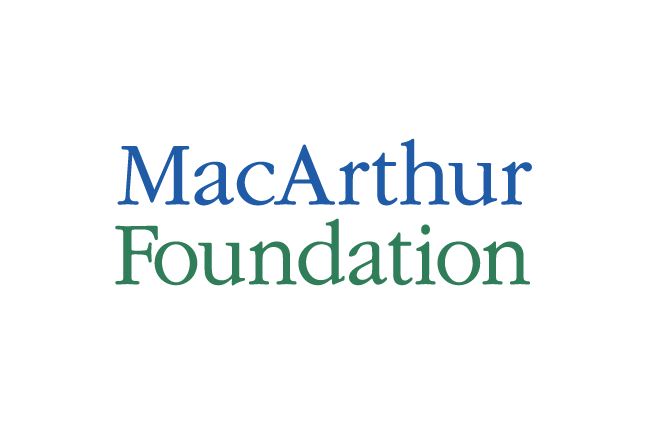The Chicago region is the last major metropolitan area that does not have 211, an easy-to-remember resource for residents to access human and social services 24/7 by phone, text, and website. Without a 211 line, residents must navigate over a dozen call lines for different services, operated by multiple agencies. Implementing a 211 system has long been a goal for City and County officials, community- based organizations, and the philanthropic community. The COVID-19 Recovery Task Force also identified 211 implementation as a high priority and both the City and County allocated ARPA funding to establish a 211 system.
The City, County and United Way formed a partnership to bring 211 to the region, but did not have an existing collaboration model to work toward this goal. Given our unique experience and credibility in supporting cross-sector collaborations, Civic Consulting Alliance was approached to deliver an organizational and governance model, and a high-level roadmap for implementation of the new 211 system.
When launched, Callers to 211 will get assistance navigating resources for a variety of needs –including housing, mental health, utilities, food, disaster relief, health care, and transportation. In addition to serving residents directly, 211 can be used as a critical source of data about the services that residents need and existing service gaps. In the future, stakeholders can use this information to strengthen programs and inform future public policies and investments.


